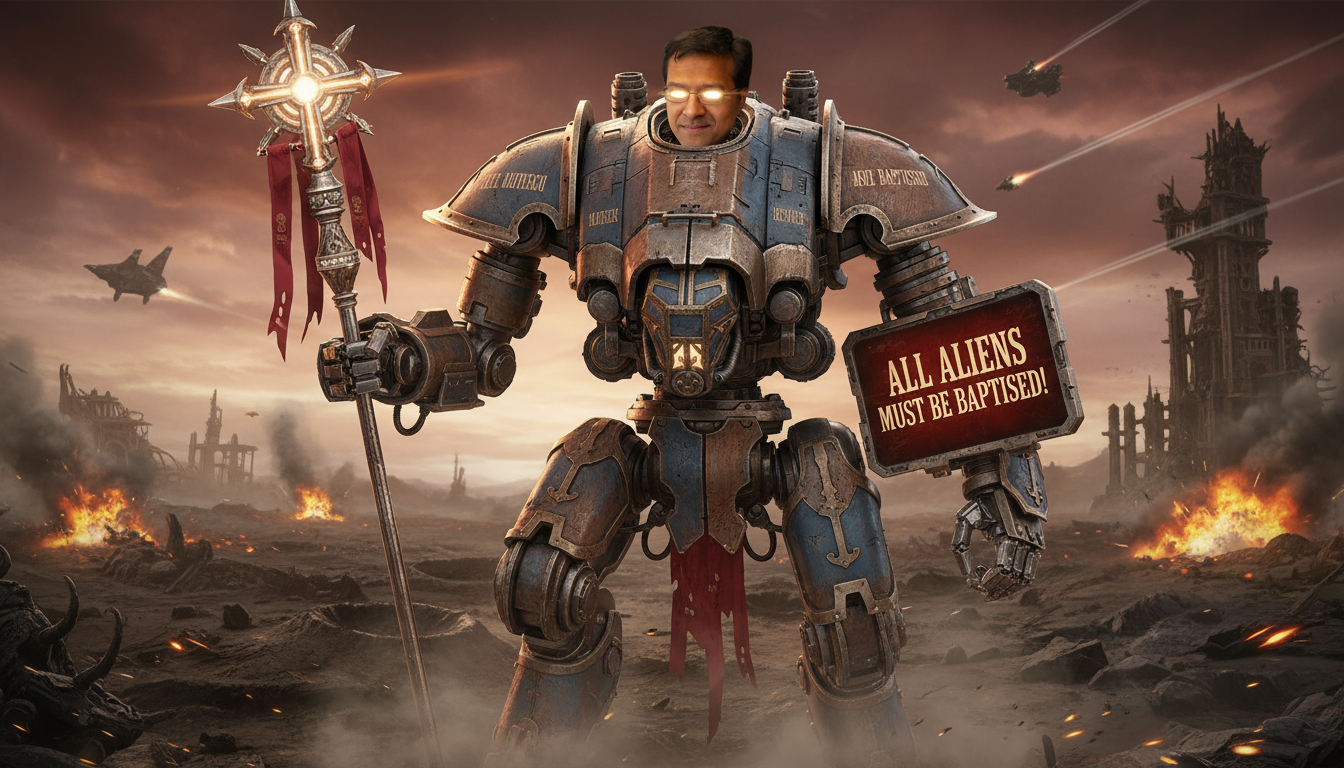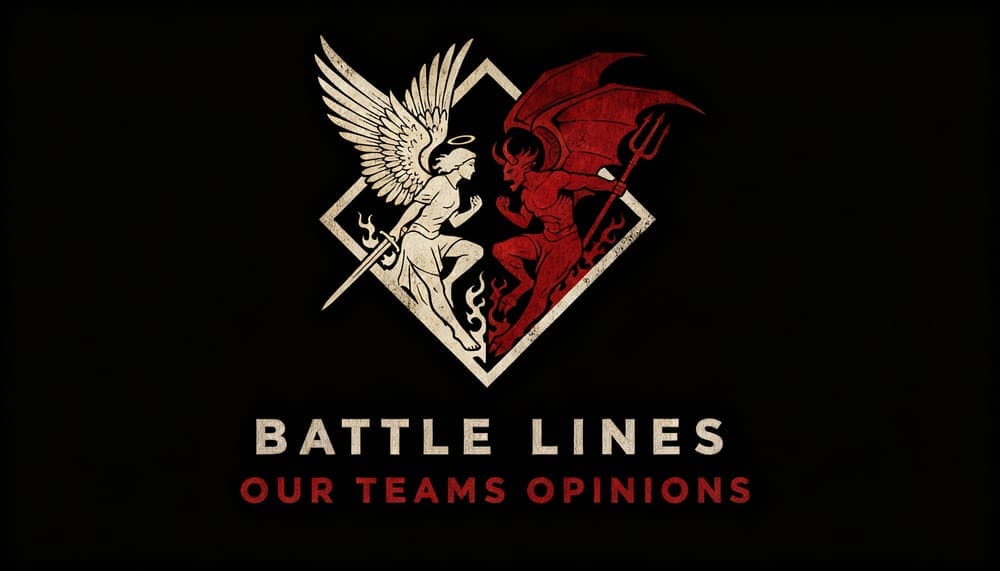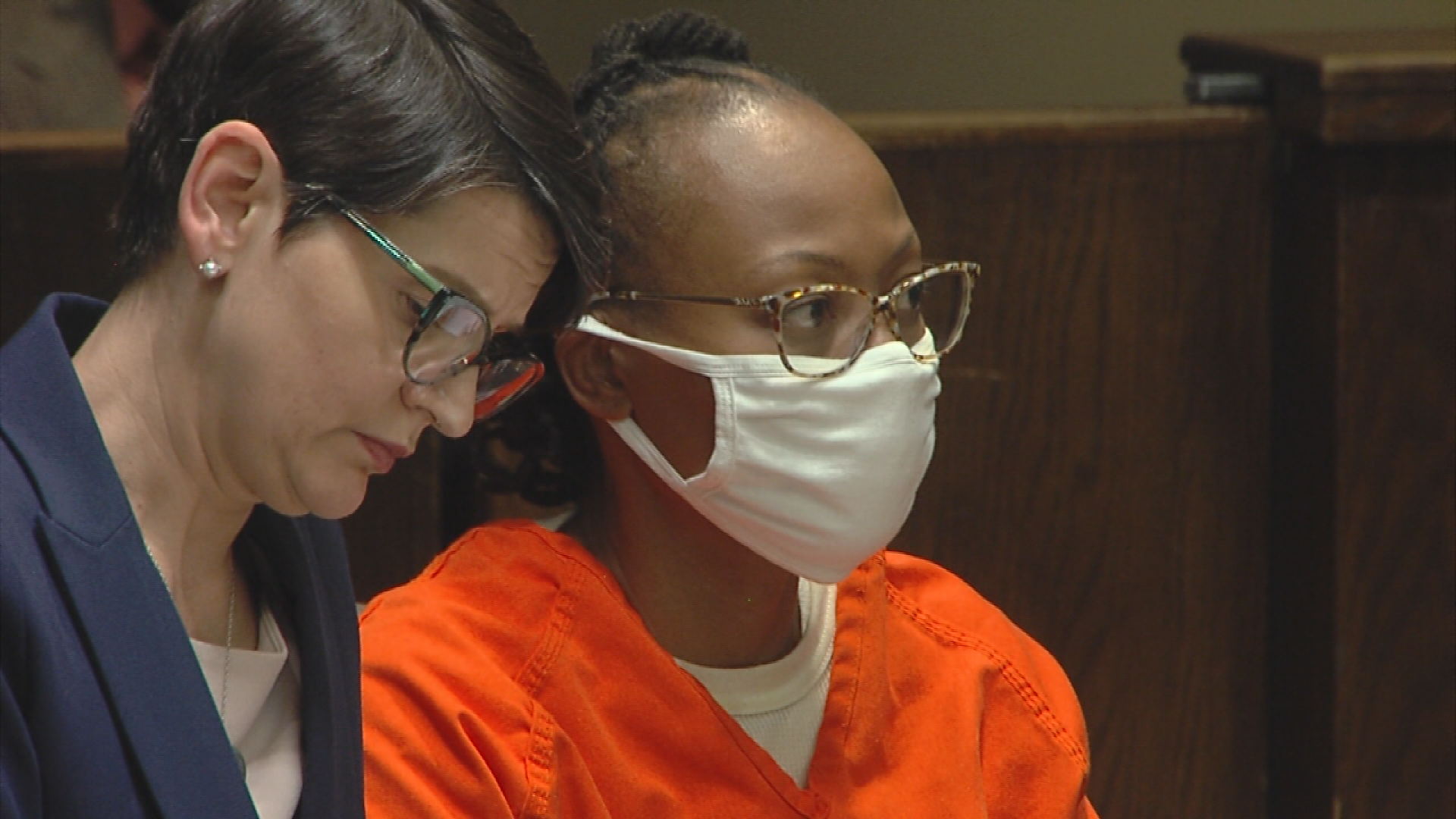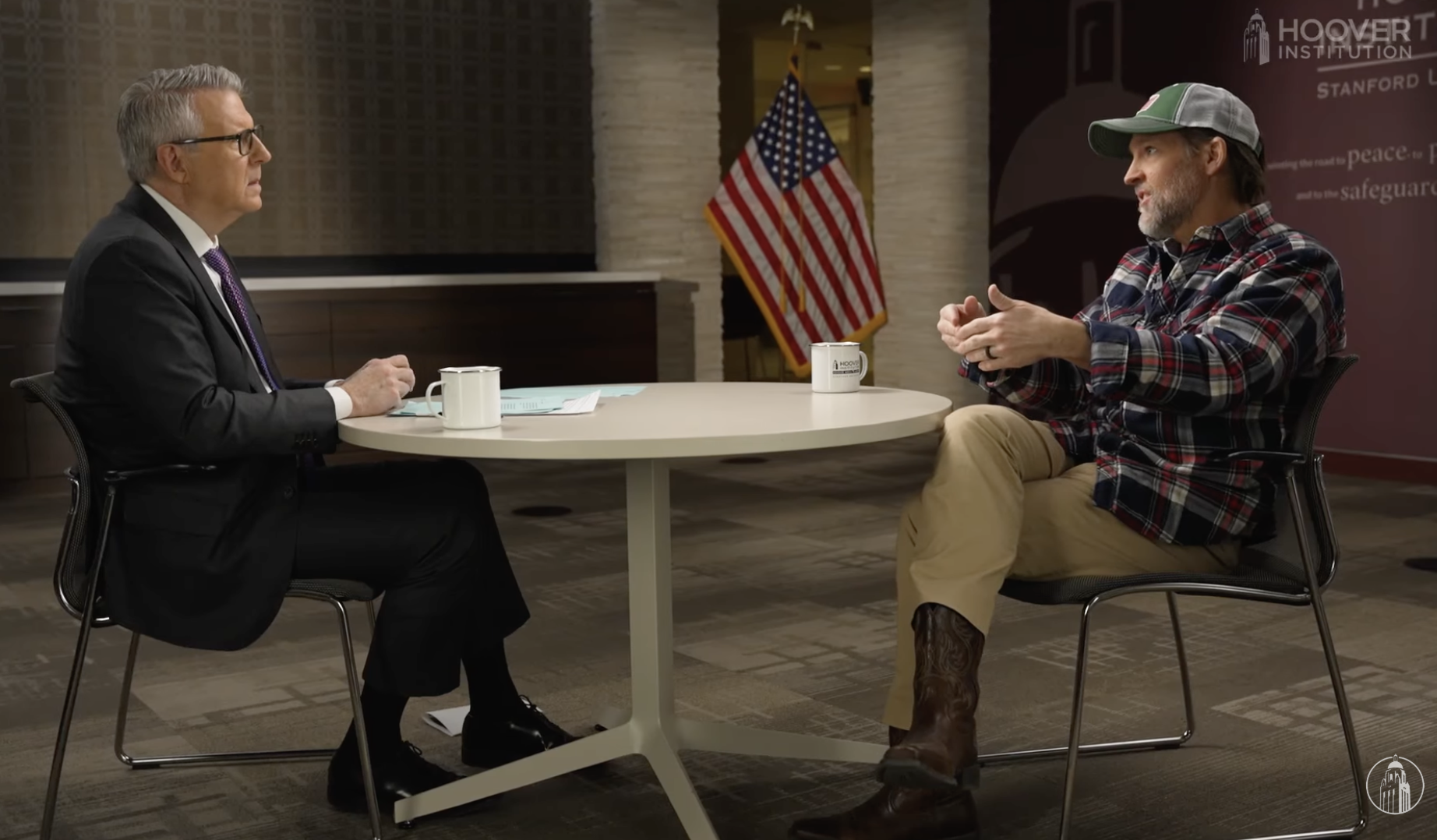Warhammer Becoming a Reality? Vatican Astronomer Says He'd Baptize Aliens: "They Are Children of God"

Castel Gandolfo, Italy — Father Richard D'Souza, the newly appointed director of the Vatican Observatory, stated in an interview published on October 25, 2025, that he would baptize extraterrestrial beings, declaring that "they are all part of God's creation" and "would be children of God."
Pope Leo XIV appointed Father Richard Anthony D'Souza as Director of the Vatican Observatory on July 31, 2025. D'Souza, who has worked at the Vatican's astronomical research institution since 2016, began his new position on September 19, 2025. The Indian Jesuit priest succeeds Brother Guy J. Consolmagno, whose 10-year mandate ended in September 2025.
When asked if he would baptize an alien, Father D'Souza responded: "Yes, yes, theology would have to reimagine itself and take into consideration these other beings. They are all part of God's creation. They would be children of God."

Father D'Souza acknowledged practical challenges to alien baptism, stating: "We do believe that baptism has to be in presence. These are the practical problems to solve before we even talk about baptism."
Regarding the search for extraterrestrial life, Father D'Souza noted: "That is a question we can answer in the next 30 years. Science is pushing for that. Intelligent life is another question. We have historically looked for signals coming from outer space and over the last 30 years we have found none. None." However, he added that there are "millions and millions of galaxies out there" and noted that humanity cannot even see the full universe due to the limitations of light and instruments.
This topic is not new for the Vatican Observatory. Father D'Souza's predecessor, Brother Guy Consolmagno, co-authored a book titled "Would You Baptize an Extraterrestrial?" and stated his answer was "yes," but "only if she asks." Pope Francis himself raised the question in 2014, asking: "If tomorrow an expedition of Martians came, and some of them came to us...Martians, right? Green, with that long nose and big ears, just like children paint them...and one says, 'But I want to be baptized!' What would happen?"
Father D'Souza was born in 1978 in Pune, India, and entered the Society of Jesus in 1996. He completed his doctorate in astronomy at Ludwig Maximilian University in Munich in 2016. His specialized research focuses on the formation and evolution of galaxies. Since 2022, he has served as the Superior of the Jesuit community attached to the Vatican Observatory.
The Vatican Observatory was re-established in 1891 by Pope Leo XIII, who wrote in his Motu Proprio "Ut Mysticam" that the Church "is not opposed to true and solid science, but it embraces it, encourages it with the fullest possible dedication."

THE CRUSADER'S OPINION
Let's be crystal clear: Scripture tells us about humanity's unique place in God's creation, made in His image, fallen through Adam, redeemed through Christ. When Vatican astronomers start declaring hypothetical aliens as "children of God" who could receive baptism, they're venturing into dangerous theological territory that Scripture never addresses.
The silence of Scripture on extraterrestrial life is deafening and deliberate. God gave us everything we need to know about salvation, and it centers entirely on humanity's rebellion and Christ's redemption. The Gospel is the story of God becoming man, not God becoming whatever species happens to evolve on distant planets. To suggest otherwise dilutes the unique significance of the Incarnation itself.
This isn't about being anti-science. Christians pioneered astronomy and continue contributing to it. But when Vatican officials speculate about baptizing aliens, they're not doing science, they're doing speculative theology that undermines the clarity of biblical revelation. The very question assumes these hypothetical beings would need the same redemption we do, which assumes they fell as we did, which assumes God's redemptive plan somehow extends beyond Earth.
Where does this stop? If aliens can be baptized, do they need Christ's sacrifice? Did Christ die for them too? Or would they need their own incarnation? These aren't just academic questions for sci-fi fans. They reveal how quickly well-meaning Christians can drift from the sufficiency of Scripture when they chase relevance.
The Church's job isn't to prepare theology for every hypothetical scenario Hollywood dreams up. It's to proclaim the Gospel that saves sinners on Earth, right now. That's the mission Christ gave us. Let's focus on reaching the billions who haven't heard about Jesus before we start planning missionary trips to imaginary planets.





